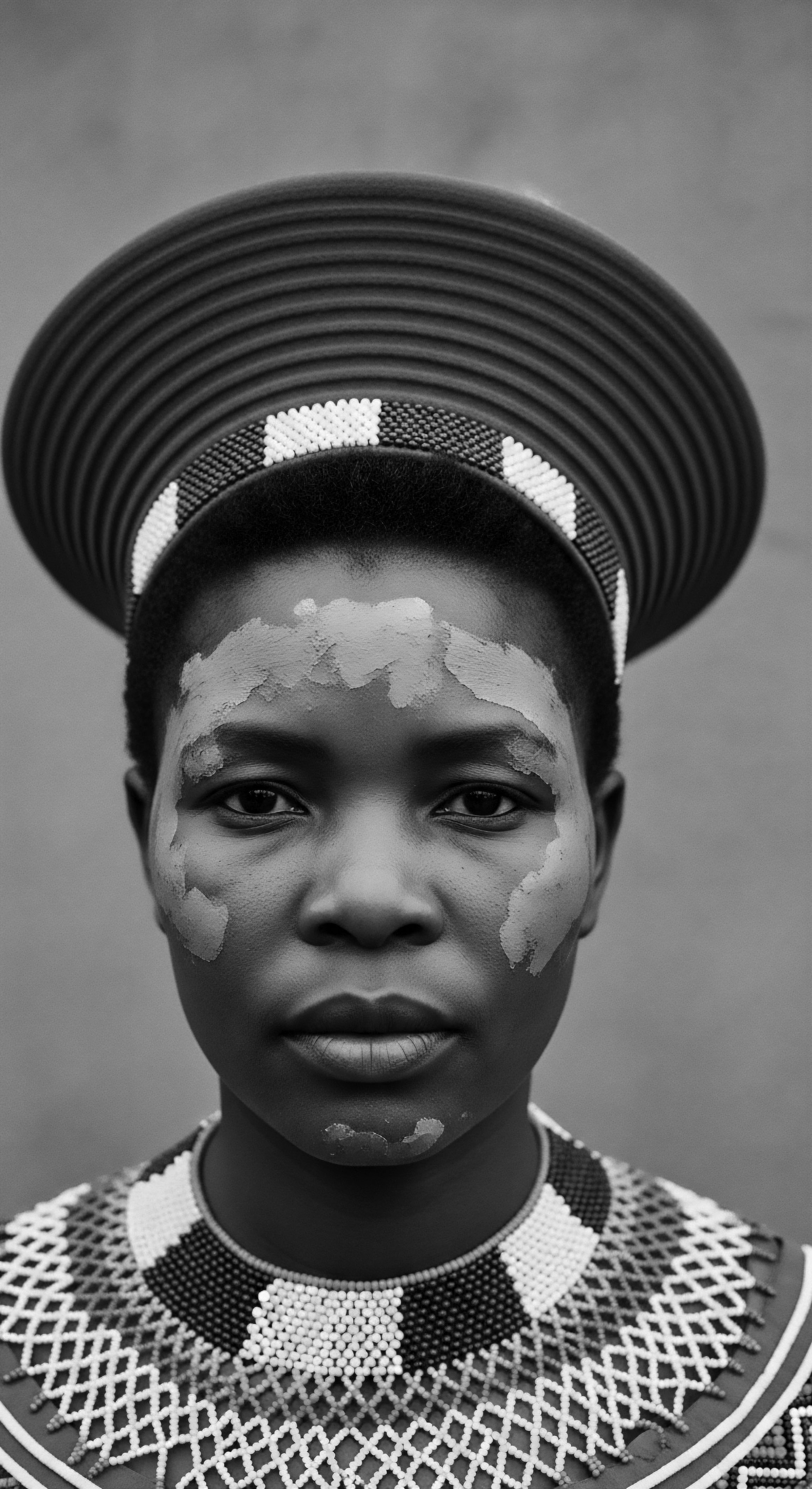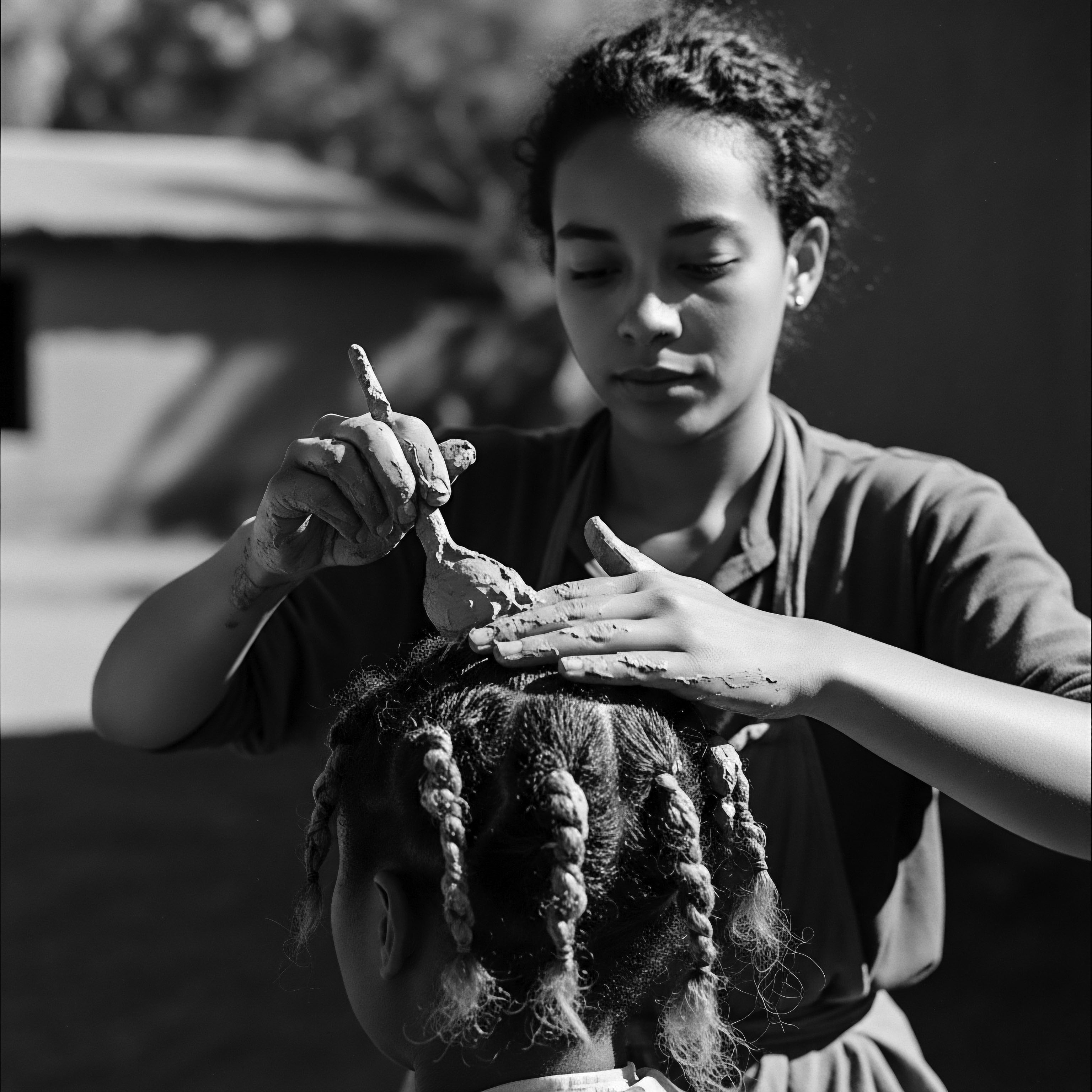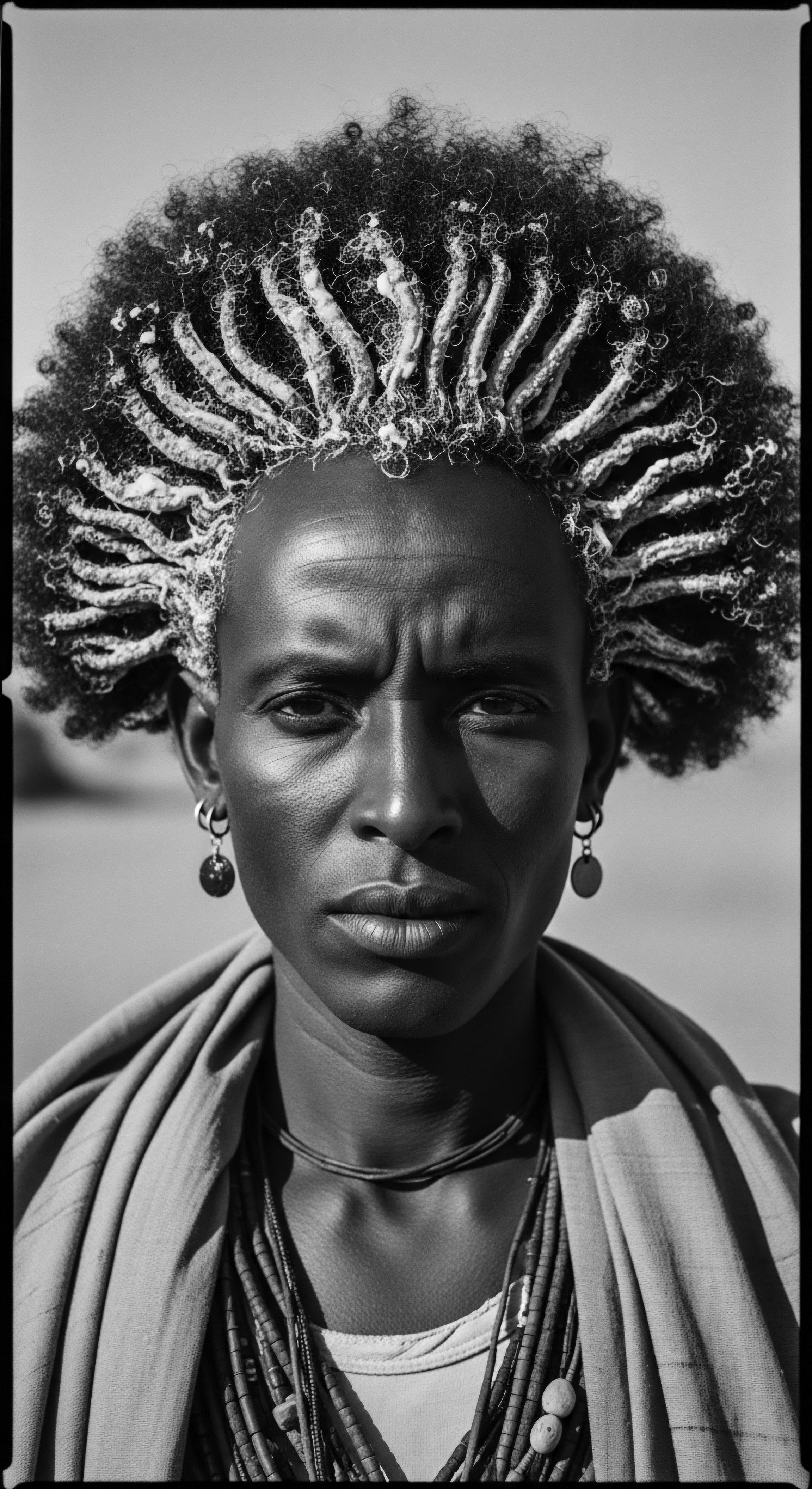
What Historical Ingredients Shaped Textured Hair Cleansing Today?
Historical ingredients like African Black Soap and natural clays shaped textured hair cleansing by embodying deep ancestral heritage and holistic care principles.

Which Natural African Ingredients Cleanse Textured Hair Effectively Today?
Ancestral African ingredients like African Black Soap, Rhassoul clay, and Sidr powder gently purify textured hair, honoring a heritage of natural care.
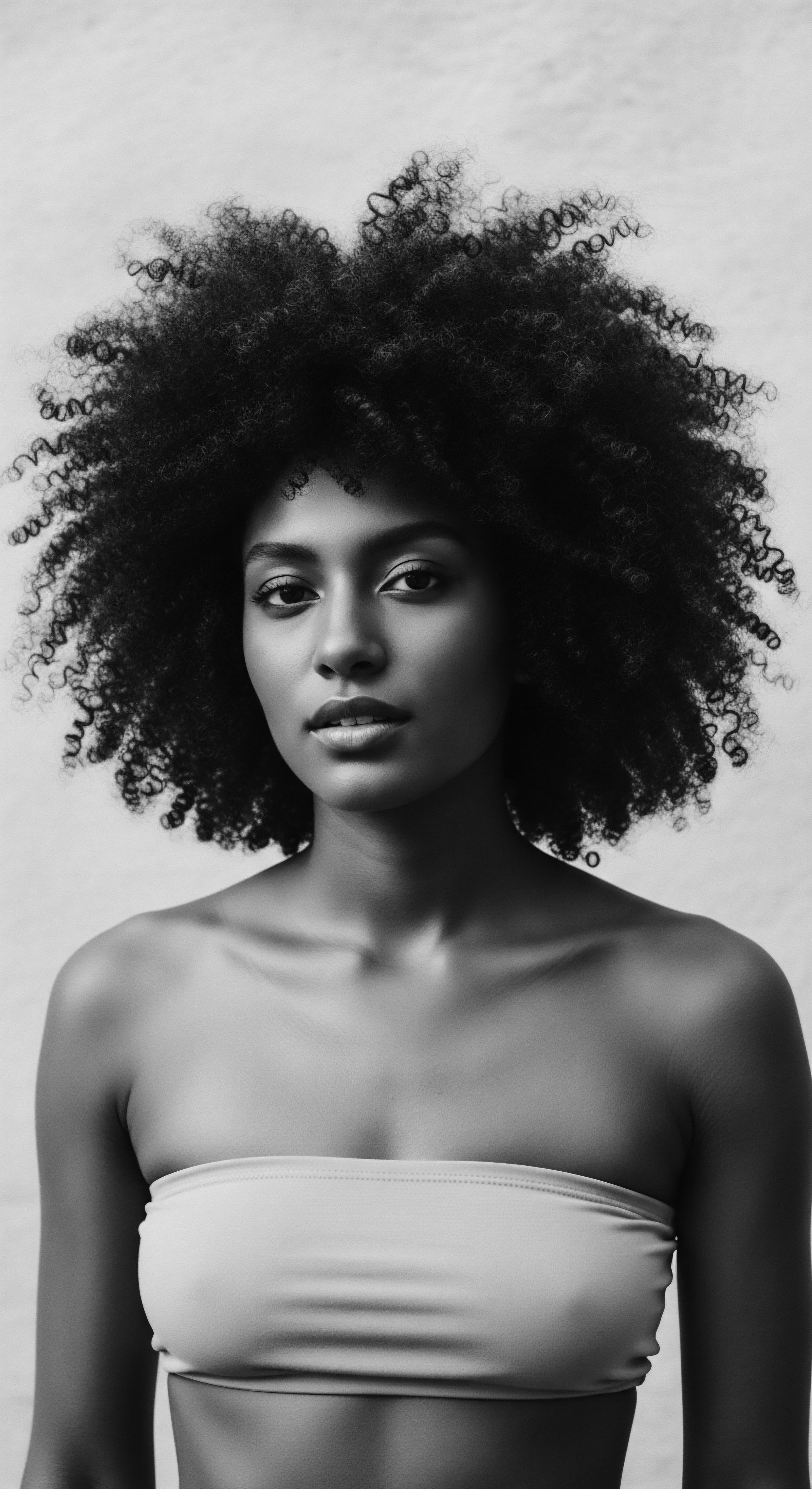
Why Does Ancestral Wisdom Guide Textured Hair Care?
Ancestral wisdom guides textured hair care by offering a deep heritage of protective practices, natural ingredients, and holistic well-being.
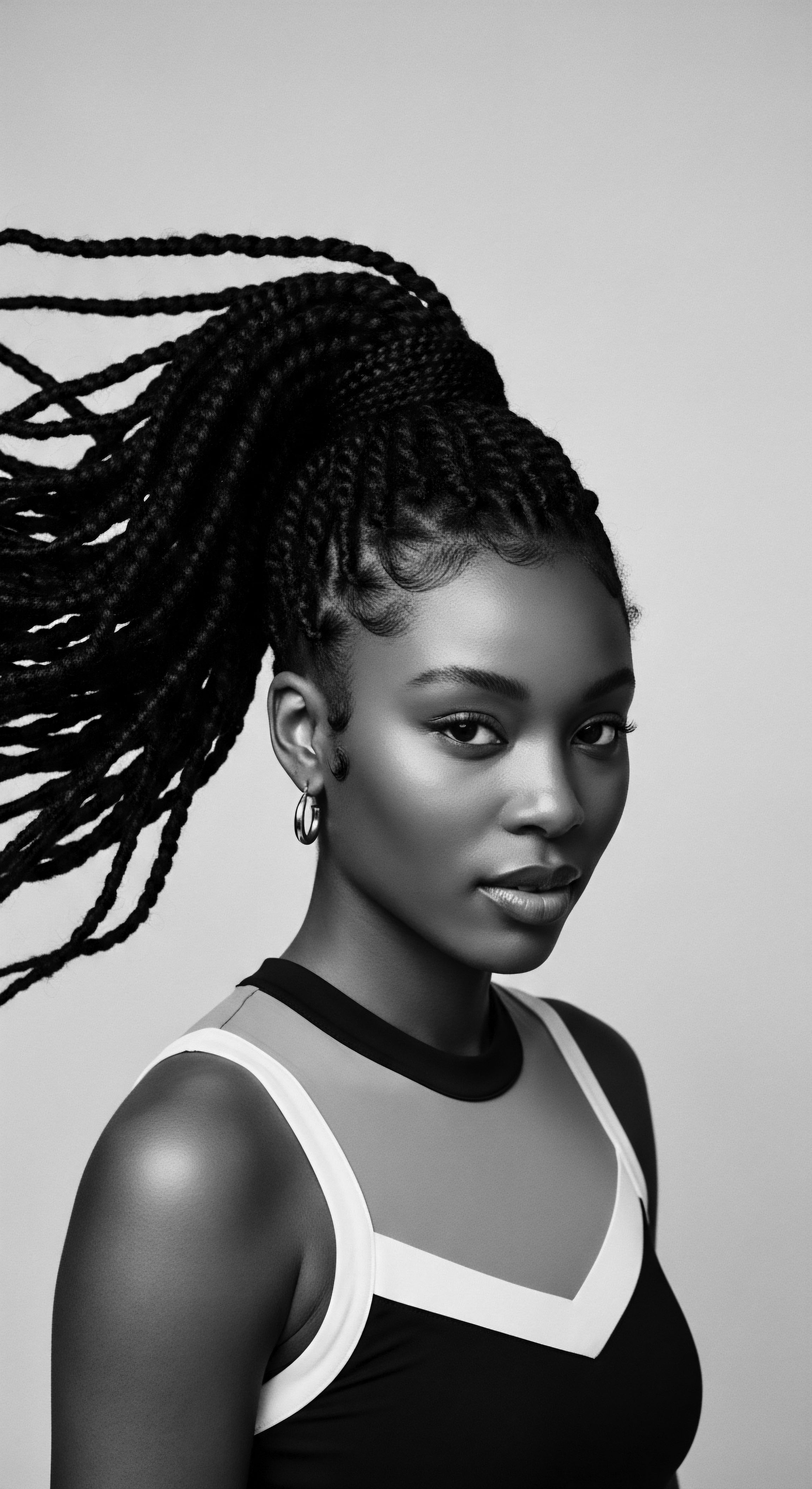
In What Ways Do Heritage Hair Care Rituals Address Scalp Irritation?
Heritage hair care rituals address scalp irritation through natural ingredients, gentle techniques, and protective styles that prioritize nourishment and balance.

What Ancestral Plant Oils Alleviate Textured Scalp Irritation and Dryness?
Ancestral plant oils such as castor, shea, coconut, argan, jojoba, and batana alleviate textured scalp irritation and dryness through deep moisture and anti-inflammatory compounds, reflecting a profound heritage of care.
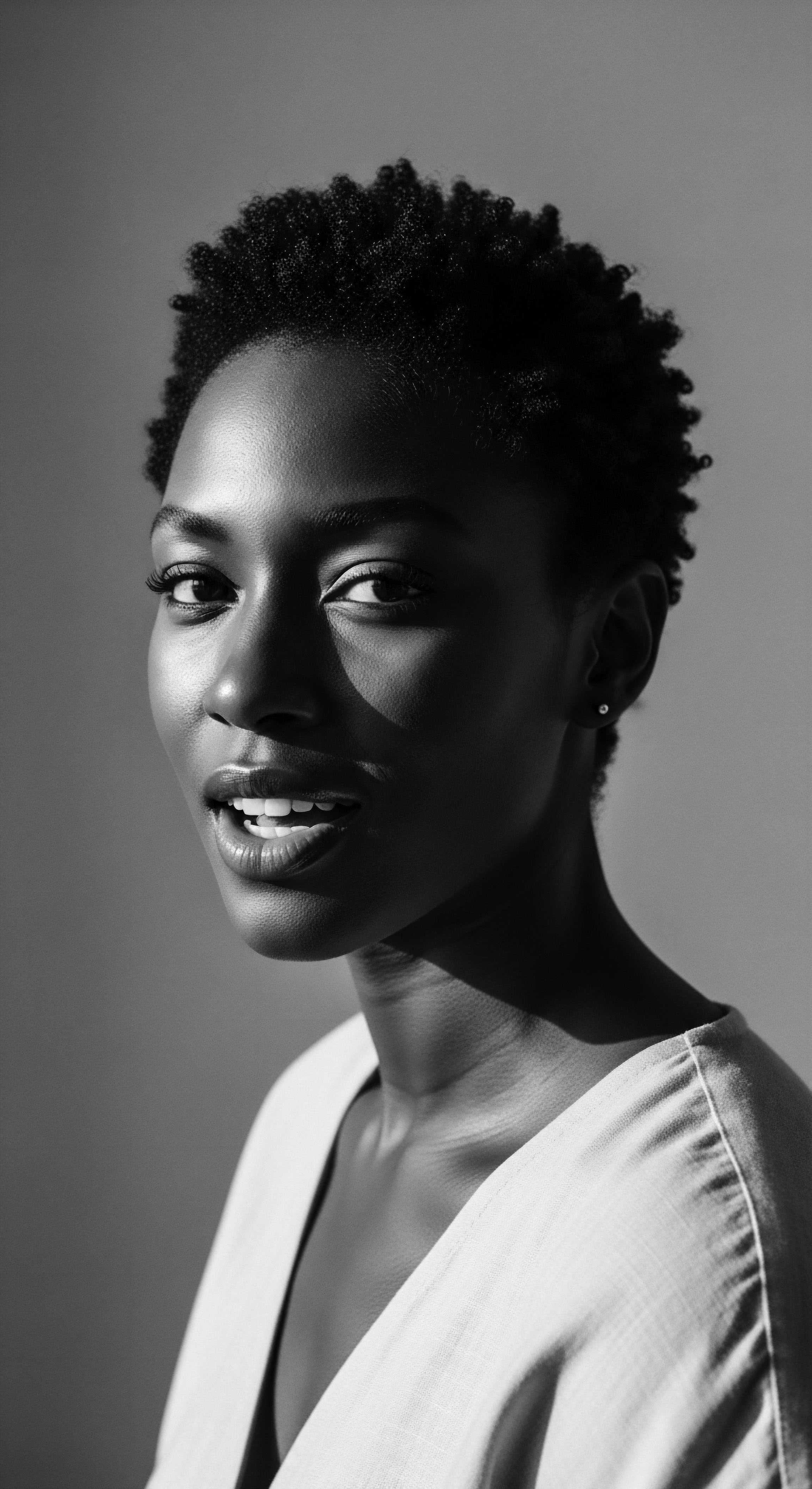
What Historical Botanicals Aid Textured Scalp Vitality?
Historical botanicals, rooted in diverse ancestral traditions, provide fundamental aid for textured scalp vitality.

